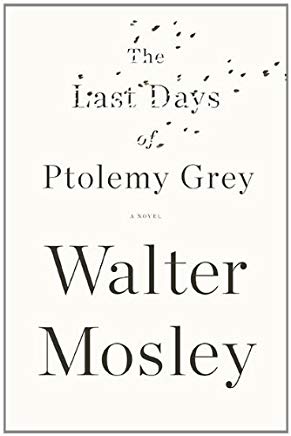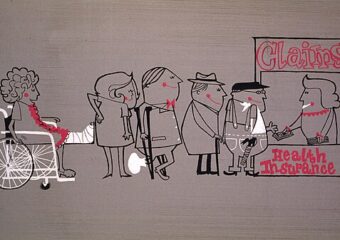People with dementia experience a deterioration in their mental and physical functions over time. The particular functions affected can vary as can the rate of deterioration. Biomedical texts typically characterize these changes in neuropsychiatric terms based on behavioral observations and clinical findings. At a certain stage of dementia, and not an advanced stage, the people with dementia cannot describe their experience in much detail if at all. Authors of literary fiction and nonfiction who bring characters and subjects with dementia into their stories have had to imagine what the experience must be like. These literary renderings can elaborate on the clinical descriptions such that they relate more to what people actually experience in their lives.
Here a classic biomedical description of dementia is compared to descriptions taken from a literary novel. A review of the novel is here.
The Biomedical
From Harrison’s Principles of Internal Medicine, 21st edition, McGraw-Hill, 2022
In the middle stages of AD, the patient is unable to work, is easily lost and confused, and requires daily supervision. Language becomes impaired—first naming, then comprehension, and finally fluency. Word-finding difficulties and circumlocution can be evident in the early stages, even when formal testing demonstrates intact naming and fluency. Apraxia emerges, manifesting as trouble performing learned sequential motor tasks such as using utensils or appliances. Visuospatial deficits begin to interfere with dressing, eating, or even walking, and patients fail to solve simple puzzles or copy geometric figures. Simple calculations and clock reading become difficult in parallel.
Rabinovici GD, Seeley WW, Miller BL. Alzheimer’s Disease. In: Loscalzo J, Fauci A, Kasper D, Hauser S, Longo D, Jameson J. eds. Harrison’s Principles of Internal Medicine, 21e. McGraw Hill; 2022. Accessed October 12, 2023. https://accesspharmacy.mhmedical.com/content.aspx?bookid=3095§ionid=262997915
The Literary
From The Last Days of Ptolemy Grey by Walter Mosley, Riverhead Books, New York, 2010
Ptolemy Grey is the main character in this novel. He is an old man who is slipping into dementia, but still has enough cognitive ability to intellectualize his predicament.
That’s how Ptolemy imagined the disposition of his memories, his thoughts: they were still his, still in the range of his thinking, but they were, many and most of them, locked on the other side of a closed door that he’d lost the key for. So his memory became like secrets held away from his own mind. But these secrets were noisy things; they babbled and muttered behind the door, and so if he listened closely he might catch a snatch of something he once knew well.
p. 12
What you remembah, Uncle?
p. 99
What it used to be like in my head before things go confused
What’s that like?
It’s like they’s a jailhouse in my mind,” he said, “an’ I’m in the prison an’ they’s all these people I know outside yellin’ to me but I cain’t make out what they sayin’.”



